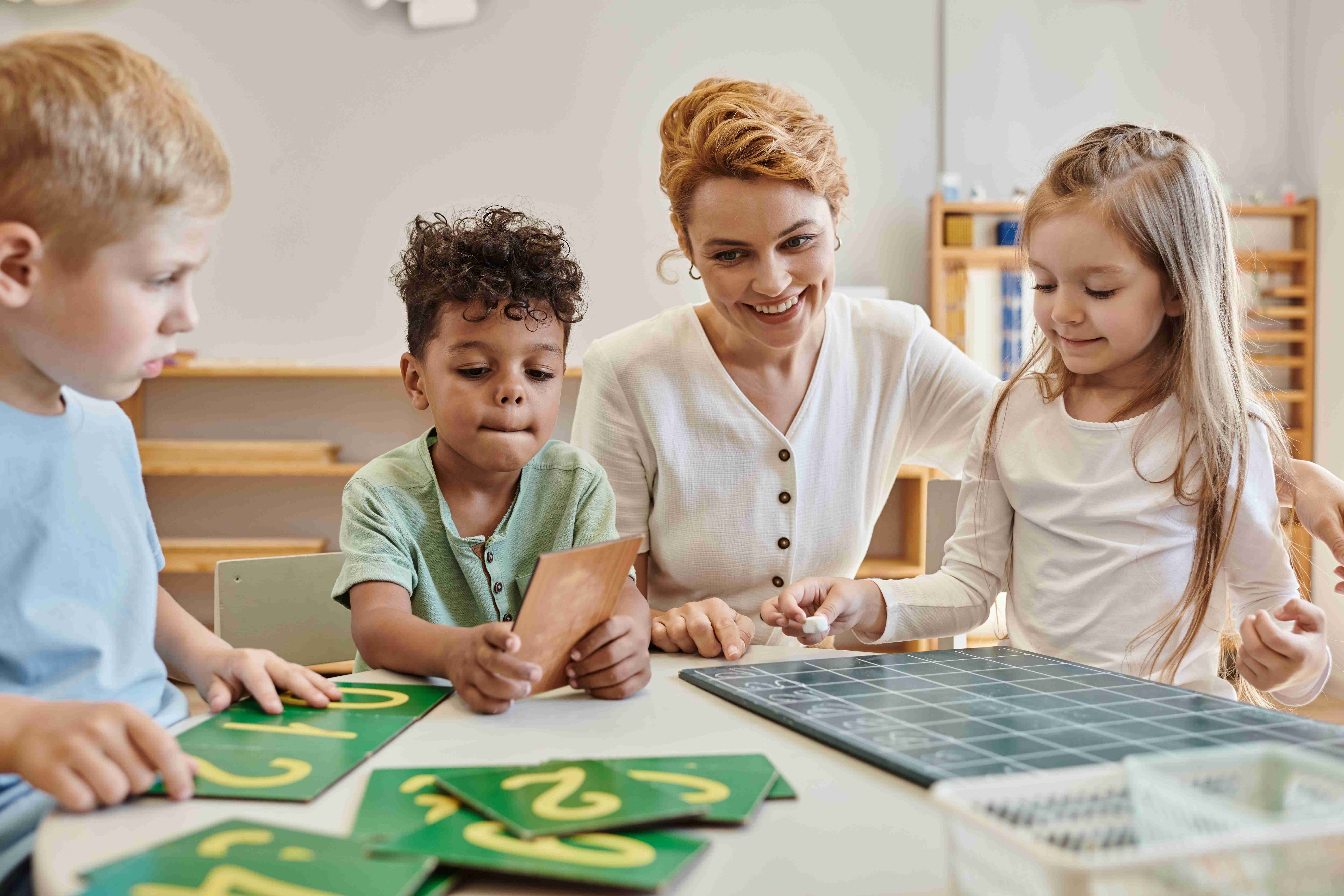Children have very distinct personalities. While some seem to be socially adept from birth, making many friends easily, others are more reserved and struggle with various challenges of social acceptance.

Psychologists argue that many elements of social development are an innate part of the child’s temperament, but the environment can also influence a child’s social development. In fact, they believe that social skills can and should be taught. There is evidence suggesting that aggressive children can learn self-control, shy children can become outgoing, and children who isolate themselves in social settings can learn to make friends.
Timid children are typically very in touch with their own feelings and are self-reflective. You can encourage them to be more social by:
- Being positive
Avoid labelling your child as shy by either telling them ‘not to be shy’ or introducing them to your friends as shy. Using such labels can cause them to unknowingly adjust to meet the expectation. Instead, be positive and constantly remind your child of his/her past successes. - Using imagery
When you ask your child why they feel afraid or shy, they will probably say that they “don’t know”. To get to the root of the problem, consider using imagery or visualization. Ask your little one to close his/her eyes and visualize. Then create a scenario and ask how he/she feels about it. If your child feels worry or fear, ask him/her to envision confidence and bravery taking over their body. - Normalize doubts
Whenever your child expresses fear or doubt about their ability to go through with something, you should console them by giving examples of a generic other. For instance, you can say “everyone feels uncertain from time to time” or refer to a situation in your life that you find troublesome and how you overcome it. - Model confident behaviour
Children learn a lot from observation. So, say ‘hi’ to other people, be friendly to strangers, provide assistance when a need arises, and generally try to model a relaxed attitude about social interactions. - Help your child learn how to make friends
You can teach your child to respond to different social interactions by role playing. Try different situations, including joining a game at the playground, introducing themselves at a child party, responding when someone else initiates the conversation, etc.
These tips are worth applying, considering that social skills will give your child a big advantage in life, from enjoying more positive relationships to performing better in school to having self-confidence and being more resilient to life’s challenges. But keep in mind that your child may be happy being timid and having one or two close playmates. If they are unhappy about their shyness, then you should definitely try to work with them.
